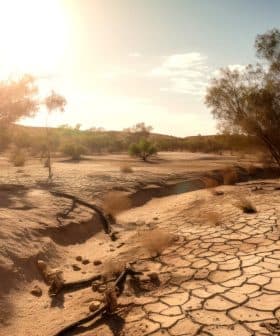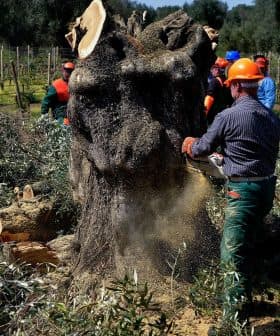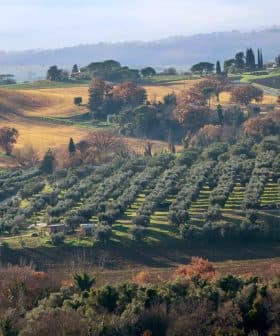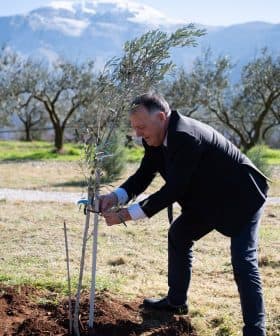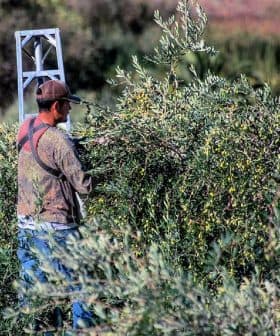Meet the Start-Ups in Central Italy Reviving Abandoned Olive Groves
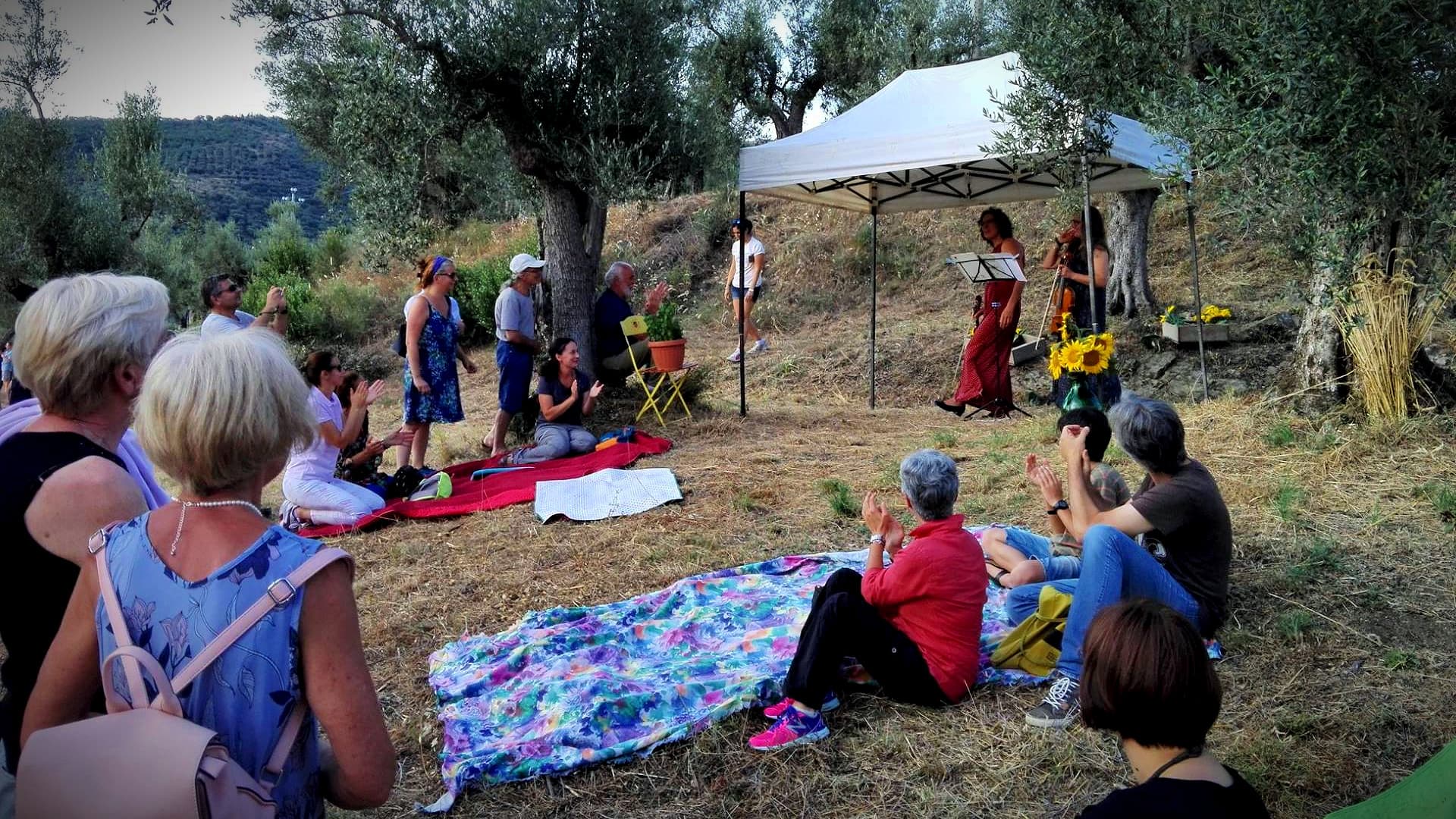
Initiatives to recover abandoned olive groves in Italy, such as Ager Oliva in Tuscany and Le Olivastre in Umbria, have been successful in reviving old groves and creating new collective spaces, with a focus on environmental value and biodiversity. These organizations offer olive tree adoption plans and engage in restoration projects, partnering with companies and individuals to offset carbon dioxide emissions and spread awareness about the benefits of extra virgin olive oil.
Initiatives to recover abandoned olive groves in Italy have increased over recent years, going hand in hand with growing awareness about the environmental value of the olive tree.
Various organizations are committed to restoration projects by creating olive tree adoption plans for citizens and companies pursuing corporate social responsibility programs. Local communities treasure the revived groves as new collective spaces.
In Tuscany, the start-up Ager Oliva was started to give new life to the millions of abandoned olive trees in the region while fighting climate change, together with companies that aim to offset their carbon dioxide emissions.
See Also:Olive Trees on Public Land Provide Bountiful Harvest for Italian Locals“The love for the olive trees has been passed on to me by my grandfather, who produced olive oil. Since I was a kid, my desire was to create a company of my own in the sector,” Tommaso Dami, an economist and the founder of Ager Oliva, told Olive Oil Times. “When I read the data about millions of abandoned olive trees in our region, I realized I could do something to address this issue.”
“The land abandonment is due to a lack of generational turnover,” he added. “Many of those who find themselves inheriting small or large plots of land are unable to manage them due to pre-existing work and family commitments and also because they cannot afford the ever-growing production costs. Then, I came up with the idea of long-distance adoptions, which became a concrete project after 2020.”
Immediately after the Covid-19 pandemic lockdown was lifted in Italy, Dami created a team with Ana Soto, an expert in sustainable tourism, and Cosimo Lunetti, a videographer and drone pilot.
After creating the website and setting up the social media profile, they conducted an advertising campaign to test the market’s reaction, which was very positive both in Italy and abroad. Then, they founded their innovative agricultural startup in March 2021.
“We started recovering olive groves in Pistoia, Montecatini and Florence, in particular those located on the foothills of Montalbano close to Leonardo Da Vinci’s birthplace,” Dami said.
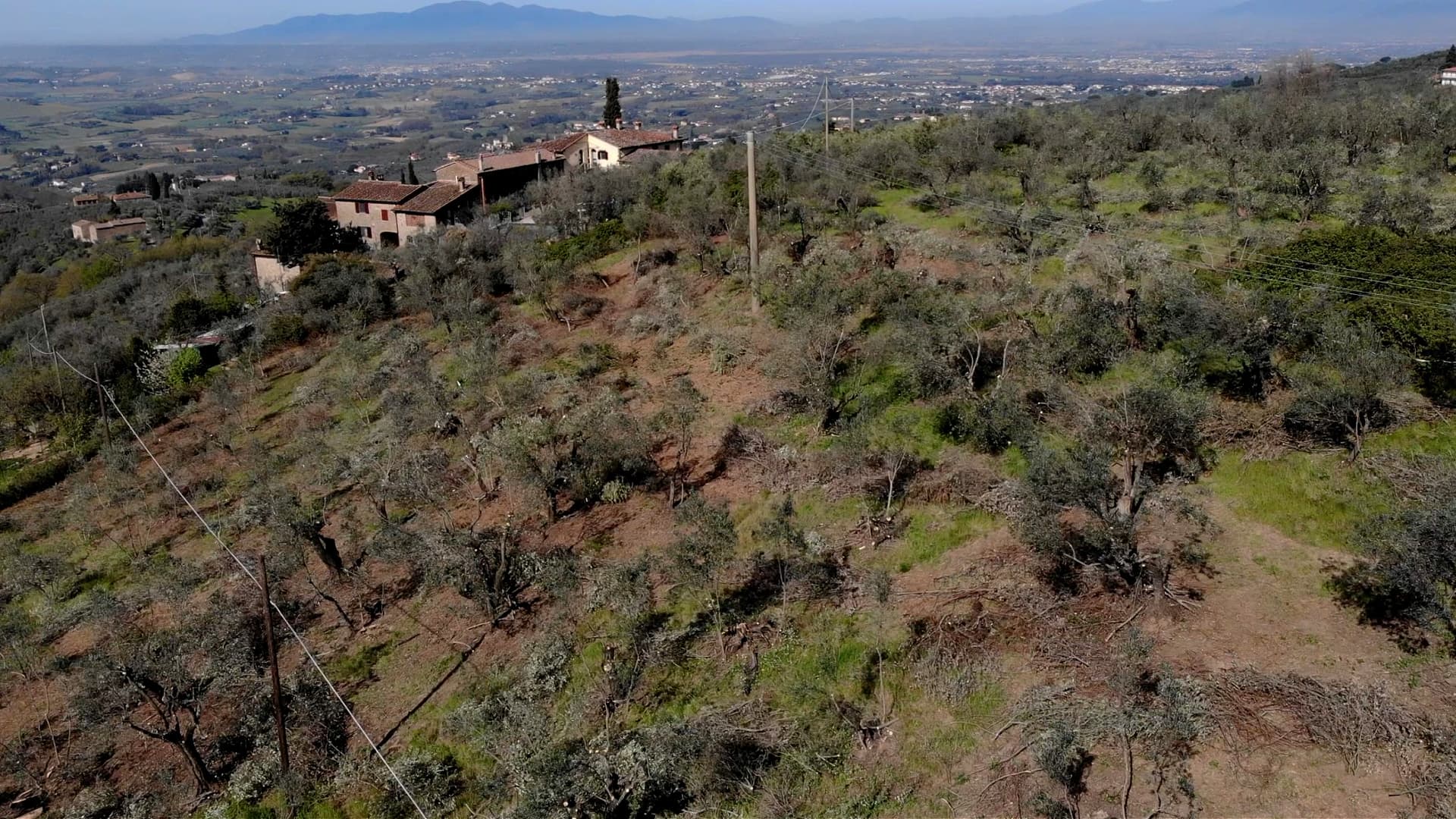
Olive grove at Leonardo Da Vinci’s birthplace after the recovery carried out by Ager Oliva
“The first 700 trees were all recovered in just three months after the launch of the startup. Of these olive trees, 400 were adopted by CPL Concordia, a large company based in Emilia-Romagna, specializing in energy systems management,” he added. “They contacted us after reading an article about our project in the local newspaper and soon became our clients. They have been supporting us for three years, and from next year, they will evaluate joining our new planting program in Italy.”
Their new project consists of planting olive trees on fallow lands in Tuscany and other regions of Italy and managing the new groves over the following years.
The aim is also to expand the extra virgin olive oil production. The Ager Oliva team is now in talks to take over managing an area of 3,000 hectares of uncultivated land in Lazio.
“By financing the olive tree plantation and entrusting us with multi-year management, the companies have the opportunity to compensate carbon dioxide through a zero-kilometer, nature-based and scientifically validated system,” Dami said.
“We offer them not only a way to offset carbon emissions but also to do team building activities in the field with the employees and protect biodiversity, he added. “With the latter option, they can obtain biodiversity credits and give them as gifts to their employees.”
After presenting Ager Oliva at the World Economic Forum annual meeting in 2023, the team will attend the event for the second time to unveil the latest developments and upcoming projects.
The startup has recovered 12 hectares of olive trees, mainly centuries-old, and plans to restore another 25 hectares within the following year.
In almost three years, more than 500 tons of carbon dioxide have been removed from the environment, according to calculations by the University of Florence and the National Research Center of Florence.
The startup’s projects can be supported by both companies and individuals, who, every harvest season, are compensated with the high-quality extra virgin olive oil produced from the recovered olive trees. Their fruits are crushed in a two-phase state-of-the-art mill in Quarrata in the province of Pistoia.
“In addition to the three of us, there are an office staff and external collaborators,” Dami said. “We have a well-structured organization that allows us to manage many plants, also considering that we are expanding the number of groves to recover and manage.”
Another mission of Ager Oliva is to spread the extra virgin olive oil culture and raise awareness about environmental protection during events organized in the recovered orchards.
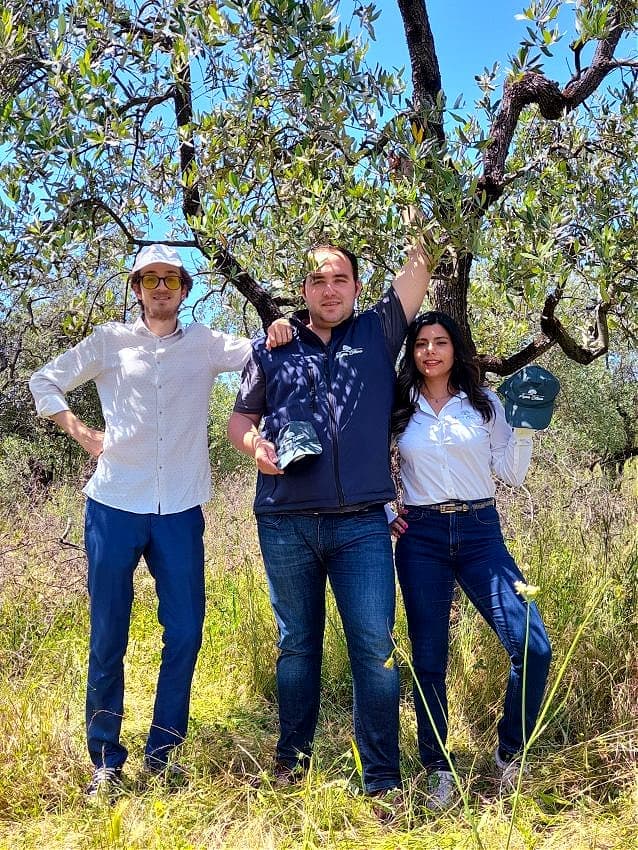
The Ager Oliva team in an olive grove in Pistoia before recovery
“We organize events with the supporters, including students at public schools,” Dami said. “Some schools have already requested picnics and environmental educational tours for next spring.”
“We will bring the students to visit the Leonardo da Vinci museums and then the olive groves, where they will take part in a day of environmental and cultural training focused on the key role of the olive tree in the territory and the benefits of extra virgin olive oil,” he added.
In Umbria, Le Olivastre was established in 2014 to restore ancient abandoned olive groves on the banks of Lake Trasimeno.
A feminine version of the Italian word for oleaster, namely the wild olive tree, is the name chosen by the founders for their non-profit association, which recently added a namesake catering business.
“My two friends and I had moved to Passignano sul Trasimeno, in the province of Perugia, from other Italian regions, and as often happens to non-local people who see places with new eyes, we fell in love at first sight with this landscape, which indeed is of a unique beauty,” co-founder Emanuela De Stefanis told Olive Oil Times.
“We used to walk along some orchards not far from our houses, where those abandoned centuries-old olive trees stood out, and over time, we started wondering if we could do something useful for the place that welcomed us,” she added.
Hence, they decided to collect the fruits that otherwise would have fallen on the ground without being used, and they delivered them to a mill in the area to obtain some extra virgin olive oil.
“We realized that to be helpful to the community, we should have given continuity to our activity of preservation and production,” she said. “Then we offered to manage a few more abandoned plots, both private and public, with the help of our families and friends. Moreover, some elders in the village were kind enough to give us some advice.”
It was only natural for them to start studying and attending courses to become tasters and pruners and learn milling techniques. They established partnerships with a group of agronomists and created the association.
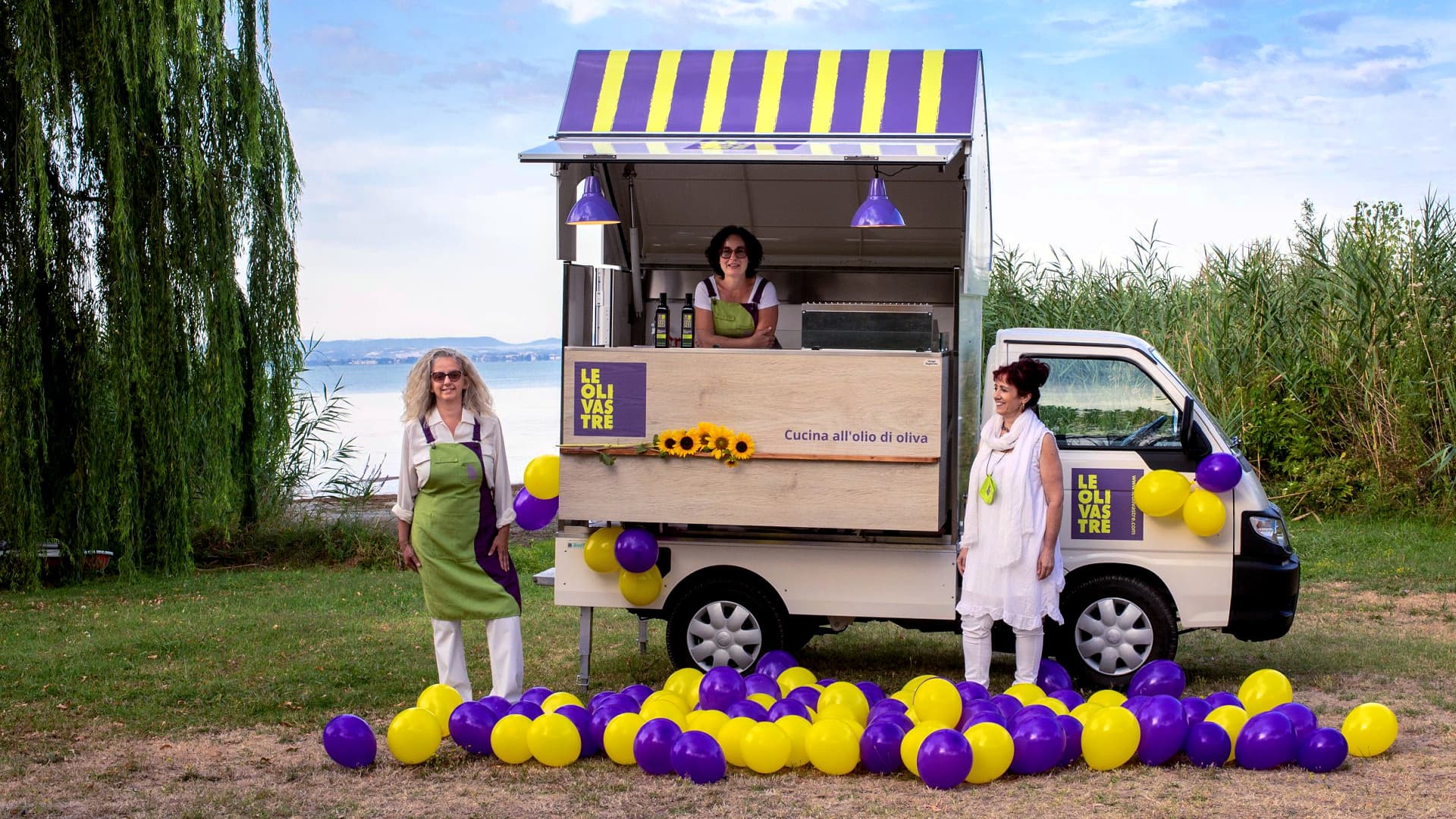
The team behind Le Olivastre (Photo: Alessandra Baldoni)
“We were just in time for a very difficult olive crop year when a major attack of the olive fruit fly occurred throughout the country,” De Stefanis said. “We organized public meetings with the support of the phytosanitary service of the Umbria region and other professionals, where we explained to the olive growers, often amateur farmers, the impact of the olive fly on the fruit and the available prevention and defense systems. I am glad to say that we became a point of reference for many small farmers.”
The first orchard recovered, the historic olive grove of San Crispolto dating to the 18th century, included 250 centuries-old Dolce Agogia trees, a typical variety of Lake Trasimeno.
Over the years, with the help of volunteers and seasonal collaborators, Le Olivastre succeeded in regenerating six olive groves with more than 1,500 trees of autochthonous varieties. Their fruits are crushed in a mill in Castiglione del Lago that boasts the latest technology.
Today, the association led by De Stefanis with Paola Sticchi and Antonella Panciarola includes Italian and international members. To these are added the adopters, who can choose the name of their olive trees and, at the end of the harvest season, receive the extra virgin olive oil produced from the restored orchards.
“Adopters are both private individuals and companies,” De Stefanis said. “Last year, a big extra virgin olive oil bottling company, Costa d’Oro, adopted several trees, one for each of its employees, in the framework of a corporate social responsibility program.”
One of the last small orchards the association recovered is on steep terrain with a wonderful lake view. Indeed, one of Le Olivastre’s objectives is to safeguard the landscape, besides preserving the local biodiversity.
“We are carrying out a true restoration of the territory, and our idea is to create paths throughout the groves that can be used for light hikes,” De Stefanis said. “We have already organized some initiatives inside the olive grove, and we invite our members to propose social events because the recovered olive groves are meant to be places for the community.”
“Moreover, we recently revived a vegetable garden in San Feliciano where we produce saffron, and this activity opened us up to the other products of the lake,” she added. “Then, we made the step of proposing our own cuisine with olive oil at its heart.”
“With a food truck, we bring our quality street food, which is prepared using cheese, bread, wine and extra virgin olive oils made by other farmers from the lake, to the local events,” De Stefanis concluded. “On these occasions, we organize olive oil tastings with the goal of disseminating the culture of high-quality extra virgin olive oil.”





